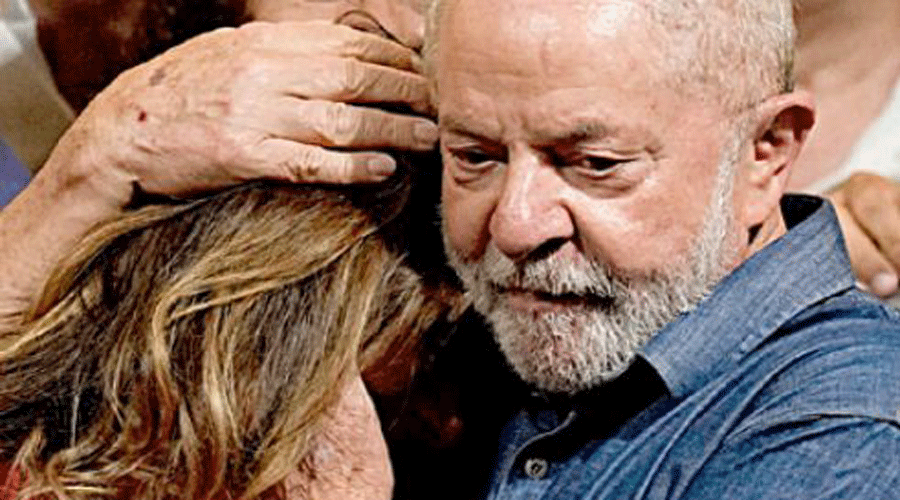Voters in Brazil on Sunday ousted President Jair Bolsonaro after just one term and elected the Leftist former President Luiz Inácio Lula da Silva to replace him, election officials said, a rebuke to Bolsonaro’s far-Right movement and his divisive four years in office.
The victory completes a stunning political revival for da Silva — from the presidency to prison and back — that had once seemed unthinkable. It also ends Bolsonaro’s turbulent time as the region’s most powerful leader. It was the first time an incumbent President failed to win re-election in the 34 years of Brazil’s modern democracy.
For years, he attracted global attention for policies that accelerated the destruction of the Amazon rainforest and exacerbated the pandemic, which left nearly 700,000 dead in Brazil, while also becoming a major international figure of the far right for his brash attacks on the Left, the media and Brazil’s democratic institutions.
More recently, his efforts to undermine Brazil’s election system drew particular concern at home and abroad, as well as worldwide attention to Sunday’s vote as an important test for one of the world’s largest democracies.
Without evidence, Bolsonaro criticised the nation’s electronic voting machines as rife with fraud and suggested he might not accept a loss, much like former President Donald J. Trump. Many of his supporters vowed to take to the streets at his command.
Yet in the hours after the race was called, far-right lawmakers, conservative pundits and many of Bolsonaro’s supporters had recognised da Silva’s victory.
By 11pm (local time), Bolsonaro had not spoken publicly.
It was not all quiet. Truckers in the heart of Brazil’scentral farming region started fires and tried to block the main highway important for the agriculture industry, according to videos posted on social media and local news reports.
Da Silva won with the narrowest margin of victory for that same period, signalling the deep divide that he will confront as President. He won50.90 per cent of the vote, versus Bolsonaro’s 49.10 per cent, with 99.97 per cent of the votes counted Sunday night.
“I will govern for 215 million Brazilians, and not just for those who voted for me,” daSilva said in his victory speechSunday night, reading from pages held by his new wife, whom he married this year. “There are not two Brazils. We are one country, one people, one great nation.”
Da Silva, 77, a former metalworker and union leader with a fifth-grade education, led Brazil during its boom in the first decade of the century, leaving office with an 80 percent approval rating.
New York Times News Service











